Five Things You Can Do To Reduce Your Ecological Footprint
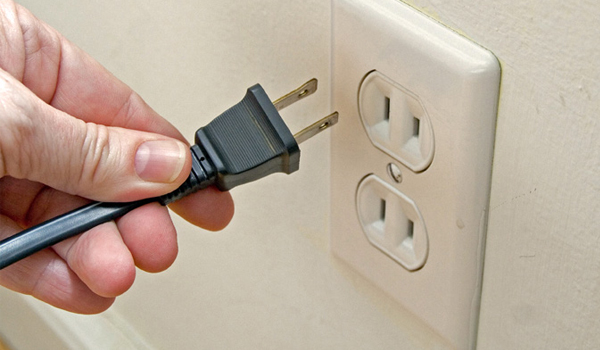
April 20, 2021
Our daily behavior is responsible for almost half of all carbon emissions. So it’s time we rethink that behavior. This short list shows us how to reduce our ecological footprint, the amount of materials we use, resources we waste, and damage we cause to the environment as the collective human race. Even though you are one individual, there is so much you can do right now to make a difference. So let’s go over a few things you can start doing right now.
1. Unplug Electronics You Are Not Using
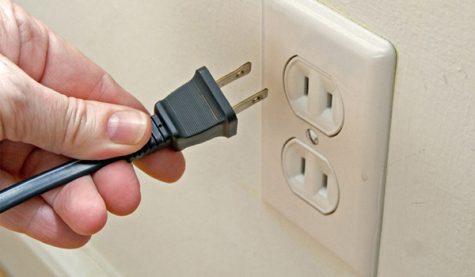
The term “vampire energy” relates to the amount of energy electronics and electronic appliances consume even while they are turned off. It is convenient to turn on your TV with just the press of a button, but vampire energy does no good for you or your electricity bill. All you have to do to stop vampire energy is to unplug your TV when no one is using it and plug it back in when you want to watch it. And if unplugging things is a hard habit to get into, plug your devices into a power strip and cut off the power to all your electronics in one fell swoop. You’ll be amazed at how much money and power you are saving.
2. Turn off the Lights During the Day

The natural sunlight shining in through a window can provide a substantial amount of light, even when compared to the light bulbs in your ceiling. Some days are not as bright as others, but that does not mean you have to flip the switch for the five built-in kitchen lights every time a cloud is in the sky. After a while, you will not even notice the difference until someone else turns them on.
3. Lessen Food Waste
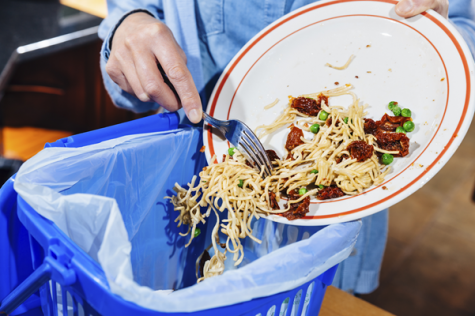
The amount of ecological damage food waste does is often overlooked. Among the ethical implications of wasting food, there is a lot of preparation and processing to make what you find on the shelves of your grocery store, often at the cost or expense of a living animal’s life. Additionally, the plastic or cardboard packaging containing the food goes through its own processing before being placed on the shelf. However, many people don’t take that into consideration when they buy food, and some people just throw food into the garbage can when they don’t like it. Drinking half of a soda and dumping the rest when it goes flat, throwing bananas in the trash for getting a few brown spots even though they are perfectly edible or just letting them rot, leaving a packaged meal in the fridge for weeks only to throw it out because it went bad. Things like this make the entire process of producing that food completely pointless. Only buy what you know you will eat and make sure you eat it before it spoils.
4. Go Vegan
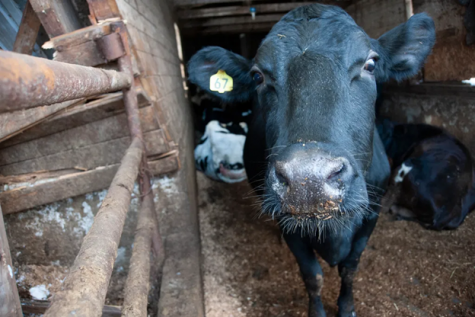
Cows are one of the largest contributors to the dairy and meat industries, as well as one of the largest producers of a noxious pollutant known as methane gas. Cattle ranches and slaughterhouses produce high volumes of methane gas in giant clusters by herding large amounts of cattle into concentrated areas. By purchasing meat or dairy products, you are investing in these cattle ranches and slaughterhouses and indirectly contributing to the production of concentrated methane gas. If you adopt a vegan diet, or one that is low-meat and low-dairy, you are no longer contributing to the methane gas clusters produced by cattle, and additionally saving the lives of animals. You are also more inclined to make better diet choices in order to provide the nutrients your body needs. Going vegan can be the catalyst you need to start eating healthier foods, be happy with your body, and give the boot to addictive junk food.
5. Walk or Ride a Bike Instead of Driving a Car
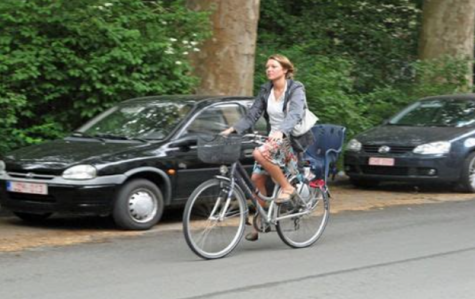
Next time you’re in a parking lot, look at how many cars there are around you. Every single one of those cars was made with valuable metals and emit greenhouse gases or smog-forming pollutants from their tailpipes. Granted, cars are safer to the environment than they used to be, but not safe enough. By walking or riding a bike when you have the opportunity, you can vastly reduce your carbon emissions. You do not need your car to get you everywhere. Additionally, walking or riding a bike are easy ways to stay physically active while doing what you were going to do anyway. Not only will you be putting less pollution in the air, but you will become a healthier and more physically adept person.
It can be very hard to start mitigating your emissions once you realize what you have to give up. It’s even hard to just start making small habits or breaking old habits. And it can feel that this is all pointless because these things will not do anything on their own. But if more people started unplugging their toasters, if more people walked to their friend’s house instead of driving there, if more people decided to keep their lights off during the day, all of those little things would add up to something grand. Just work on finding simple ways to be more environmentally conscious about your collective ecological footprint. After all, it’s either the little things we do add up to something positive, or to something negative.
